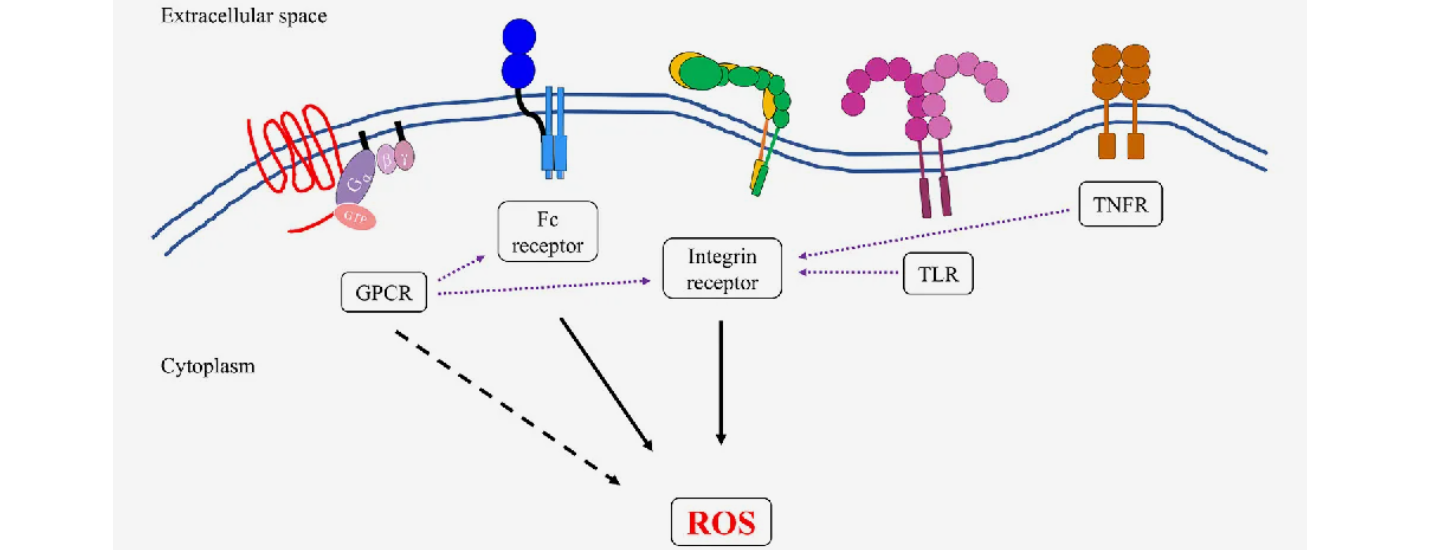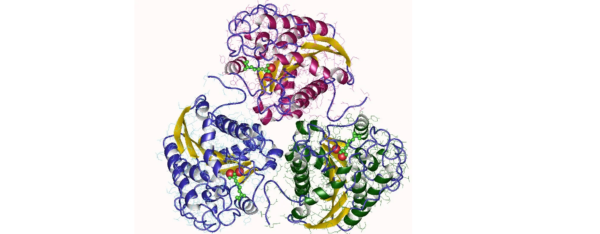Integrin receptors are a diverse family of cell surface adhesion molecules that play a critical role in cell-cell and cell-matrix interactions. Dysregulation of integrin receptor activity has been associated with various diseases, including cancer, inflammation, and cardiovascular disorders. The Integrin Receptors Targeted Library is a curated collection of compounds specifically designed to interact with and modulate the activity of integrin receptors. This review aims to provide insights into the significance of integrin receptors, discuss the potential applications of the Integrin Receptors Targeted Library, and explore its role in drug discovery and therapeutic advancements.
Introduction:
Integrin receptors are transmembrane proteins that mediate cellular adhesion, migration, and signaling events. They regulate various cellular processes, including embryogenesis, tissue development, and immune responses. Dysregulated integrin activity has been implicated in numerous pathological conditions, making them attractive targets for therapeutic intervention.
Understanding Integrin Receptors and Their Significance:
Integrins are heterodimeric protein complexes composed of α and β subunits that confer ligand specificity and signaling capabilities. They are involved in bidirectional signaling, enabling communication between the extracellular matrix and the cell’s cytoskeleton. Dysregulation of integrin receptors can disrupt tissue integrity, impair immune responses, promote tumor progression, and contribute to inflammatory diseases.
The Integrin Receptors Targeted Library:
The Integrin Receptors Targeted Library is a specialized collection of compounds designed to interact with specific regions of integrin receptors. With advances in computational modeling and structure-activity relationship studies, the library offers a diverse and carefully curated selection of compounds that target key integrin subunits. These compounds serve as valuable tools in understanding integrin biology, discovering novel ligands, and developing potential therapeutics.
Applications in Drug Discovery:
The Integrin Receptors Targeted Library has significant implications in drug discovery efforts focusing on integrin modulation. By screening the library compounds, researchers can identify lead molecules with high affinity and selectivity for specific integrin subtypes. These leads can serve as starting points for further optimization to improve potency, bioavailability, and safety profiles. Modulating integrin activity offers potential therapeutic applications in cancer treatment, anti-inflammatory therapies, and tissue regeneration.
Therapeutic Development and Beyond:
The compounds from the Integrin Receptors Targeted Library offer avenues for therapeutic development targeting diseases associated with dysregulated integrin signaling. By designing selective integrin inhibitors, researchers can inhibit tumor growth, prevent metastasis, and enhance the efficacy of existing anticancer treatments. Moreover, targeting integrin-mediated interactions in inflammation and cardiovascular diseases holds promise for novel therapeutic approaches.
Challenges and Future Directions:
Despite early success, developing integrin-based therapies faces challenges such as receptor heterogeneity, redundancy, and potential off-target effects. Optimizing compound selectivity, minimizing side effects, and improving drug delivery systems remain critical areas of research. Moreover, gaining a deeper understanding of integrin signaling networks and their crosstalk with other pathways will uncover new therapeutic targets and combination strategies.
Conclusion:
The Integrin Receptors Targeted Library provides researchers with a powerful toolset to explore the potential of modulating integrin receptor activity. By identifying lead compounds from the library and further refining them, researchers can develop novel therapeutics for a range of diseases. Continued research and collaboration among multidisciplinary teams will drive the translation of integrin-targeted therapies into clinical applications, ultimately benefiting patients by offering new treatment options and improved outcomes.
Keywords: integrin receptors, cell adhesion, cellular signaling, integrin-targeted library, drug discovery, therapeutic interventions, cancer, inflammation, cardiovascular disorders, integrin modulation.




